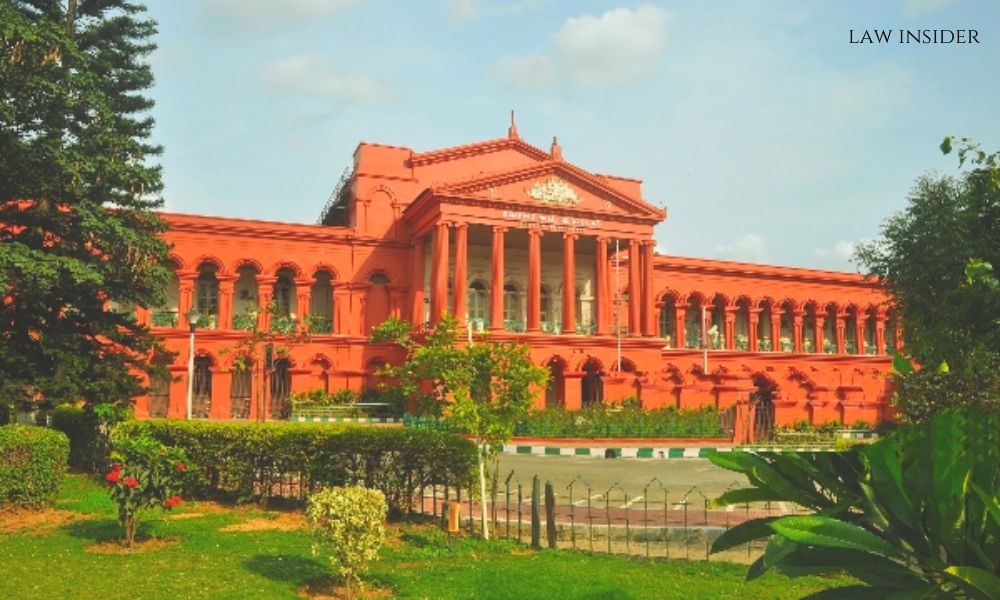LI Network
Published on: 18 September 2023 at 17:02 IST
The Karnataka High Court has underscored the role of the State as the custodian of prosecution rights in criminal cases, emphasizing that it is the State’s prerogative to initiate appeals against acquittal orders.
This clarification emerged during the court’s deliberation on a writ petition requesting directives against the respondents to initiate a fresh investigation through the Central Bureau of Investigation (CBI) or any other independent premier investigative agency.
The petitioners sought this investigation based on their representations to identify the actual culprits in connection with a registered crime and to establish guidelines for investigations during critical periods following crimes like rape and murder.
A Division Bench, comprising Chief Justice Prasanna B. Varale and Justice Krishna S. Dixit, articulated, “There is yet another reason for us to decline interference in the matter: ordinarily, in criminal cases, it is the State which is the custodian of prosecutionary rights, subject to all just exceptions, and therefore, it is for the State to prefer the appeal against the acquittal order. It is not that in the event, State decides not to prefer one, that will be end of the road.”
Background:
The case stemmed from the rape and murder of a minor girl, with her father filing a missing person’s report. The victim’s lifeless body was discovered beneath a tree in a forest, leading to the registration of a case under Sections 376 and 302 of the Indian Penal Code.
The investigation was initially handled by the State’s Crime Investigation Department, as per a government order, and a final report was submitted to the Trial Court.
However, due to intervention by a local Member of the Legislative Assembly (MLA) and others, the State Government transferred the case to the CBI for investigation, leading to the registration of an FIR for the same offenses by the CBI.
The Special Court summoned the accused based on an application filed under Section 319 of the Criminal Procedure Code (CrPC), which the accused contested.
Furthermore, the victim’s father’s application, filed under Section 173(8) of the CrPC, was granted by the Trial Court, a decision that was challenged by the accused, who sought a court-monitored re-investigation by the respondent-CBI.
Subsequently, based on the final report, a special case was registered, charges were framed, and the trial was conducted, ultimately resulting in the acquittal of the accused and their release.
The petitioners, asserting themselves as individuals driven by public spirit, contended that this acquittal had caused social unrest and public agitation, compelling authorities to ensure justice for the deceased victim and her family by initiating a fresh investigation.
However, the Court questioned the petitioners’ right to espouse public interest in the matter or advocate for the victim’s family, as none of the victim’s family members were parties to the case, and no explanation was provided for their omission.
The Court further noted that amended CrPC provisions provide remedies for victims or aggrieved parties to challenge acquittal orders. Victims, including the deceased’s family, possess an unconditional right to appeal without the need for court leave. In their absence, others may also seek remedies with the court’s permission.
In light of these considerations, the High Court dismissed the petition.
Case Title: Girish Bharadwaj & Ors. v. The Union of India & Ors.

